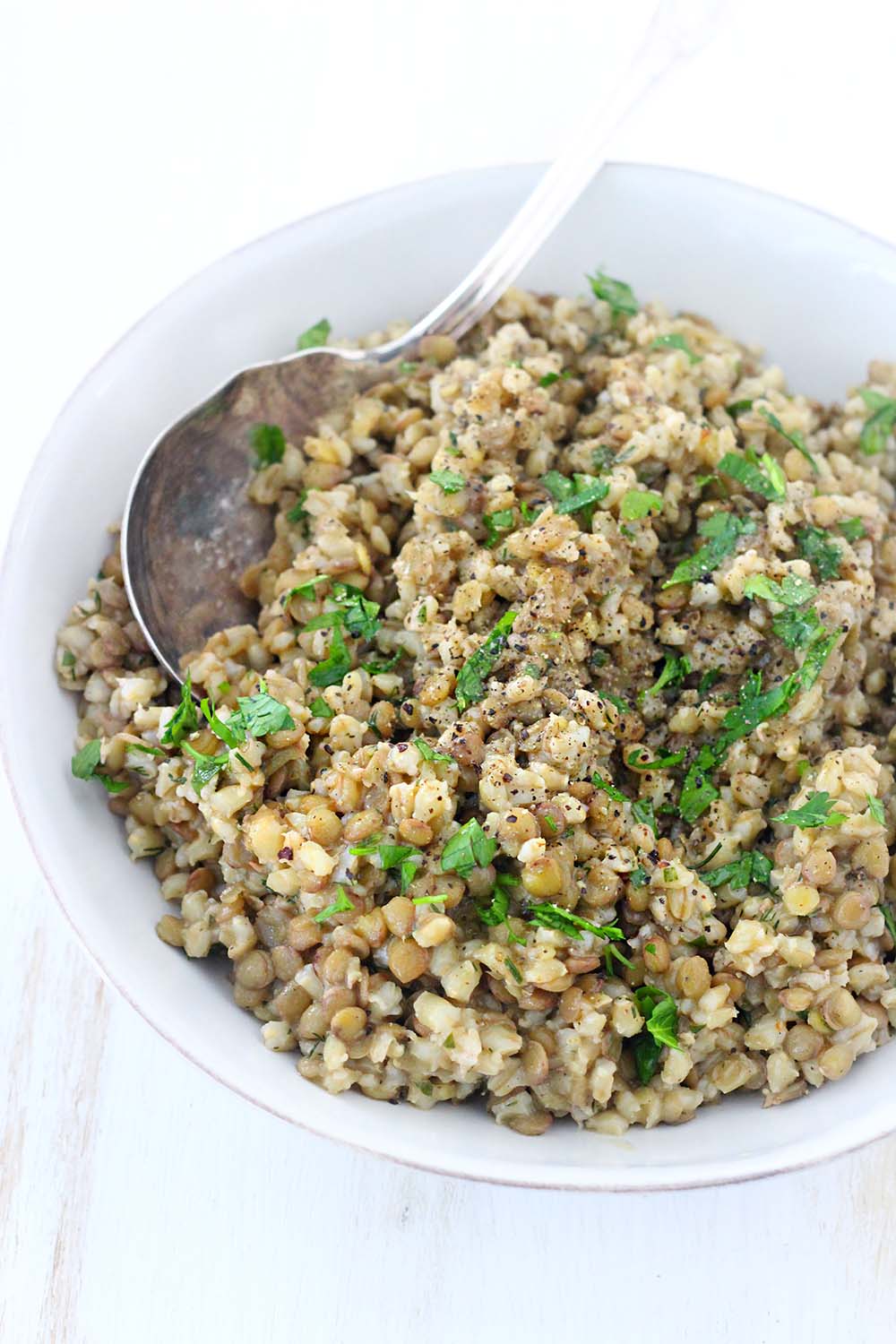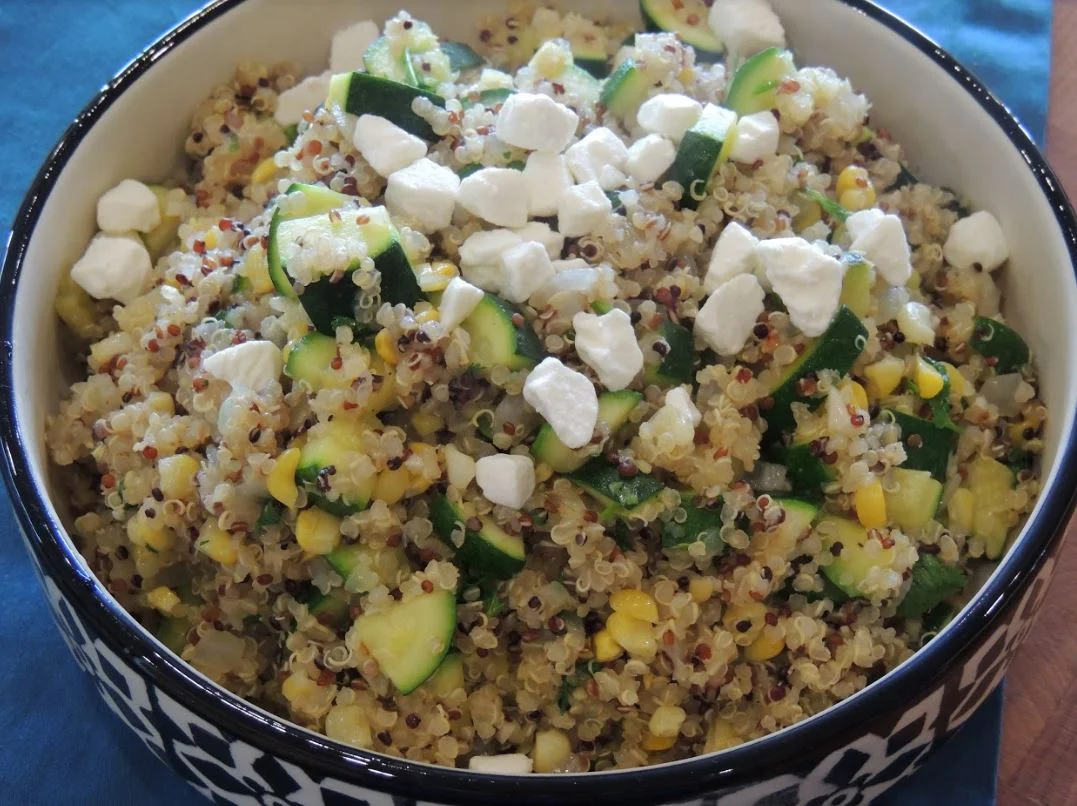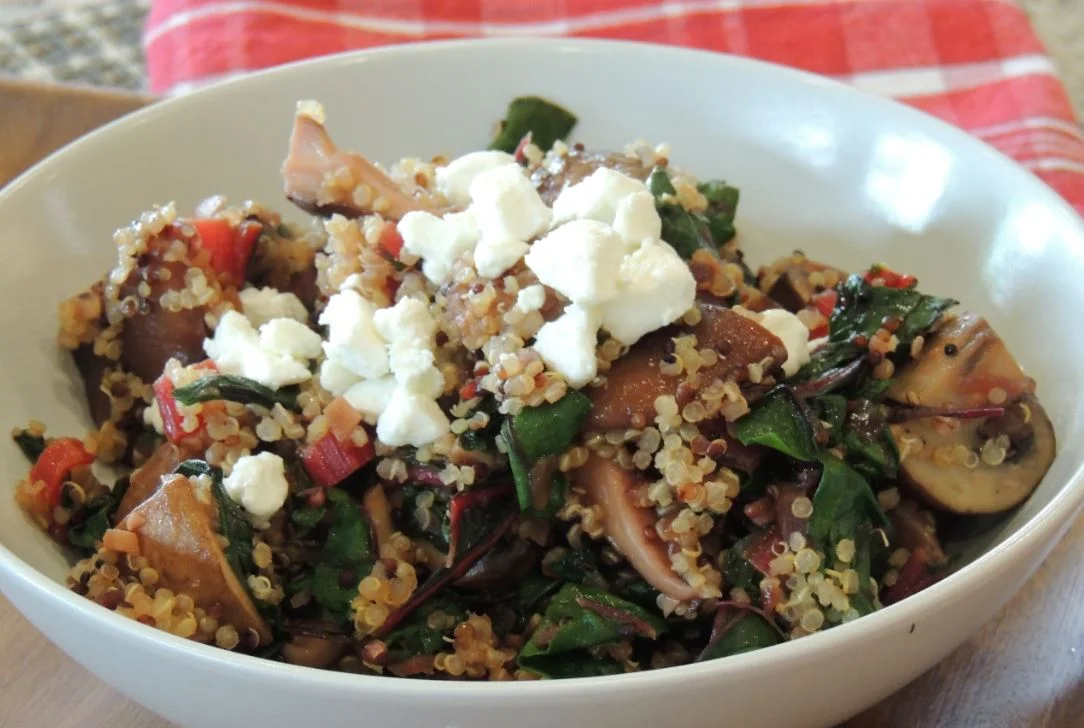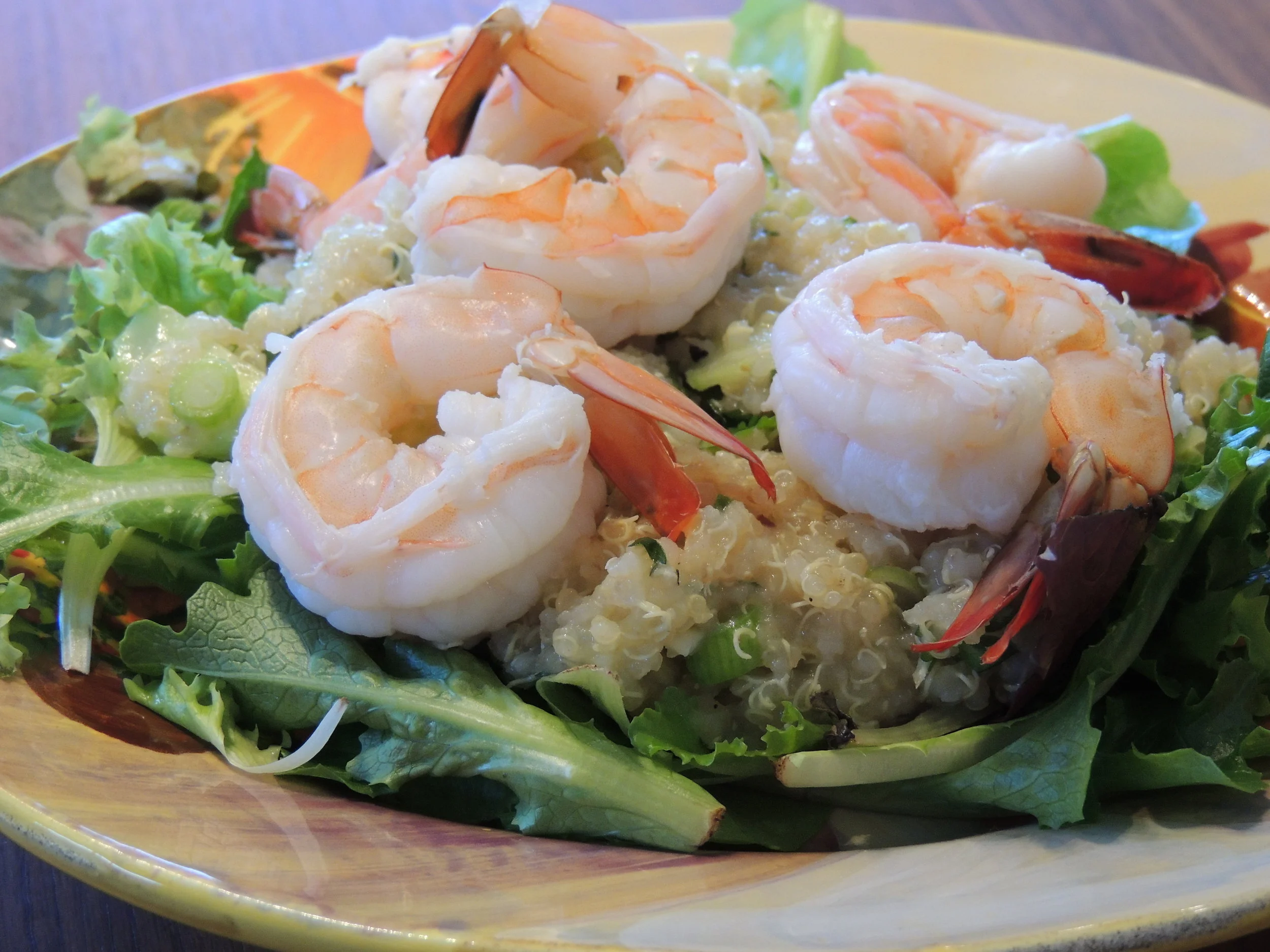Complete Proteins that Aren’t Meat
If you've cut back on eating meat or shun it from your diet entirely, these are some non-meat sources of complete protein that will cover all of your nutritional needs.
Most everyone knows that protein is essential to good health—we need it to feel full, have energy, build and repair muscle, process nutrients, and boost immunity, among other vital roles. The Recommended Dietary Allowance (RDA), which is the minimum amount you need to be healthy, is 0.8 grams of protein per kilogram (0.36 grams per pound) of body weight per day—which is on average 46 grams for an average woman and 56 grams for an average man.
But not all protein sources are equal. Only some are "complete proteins," which means they contain all the essential amino acids—those building blocks of proteins which are bodies can not make and that must come from food—in the perfect proportion for our dietary needs. Animal proteins like chicken and steak provide the right amino acids and in the right combinations. Plants can provide all the amino acids too, just not in the optimal amounts. If you're cutting back on meat or going full-on vegetarian or vegan, it's important to find sources of complete proteins for your body.
Pasture-raised Eggs
Yup, eggs are on the healthy list again... and should be consumed in moderation. The type of eggs you're eating however is a detail you need to pay attention to. Pasture-raised eggs contain 6 grams of protein per egg, and they also have two times more omega-3 fatty acids and a 25 percent less saturated fat than eggs from confined chickens. Egg from chickens fed high omega-3 fatty acids are also available and provide even more healthful benefits.
Greek yogurt
This complete protein is perfect for healthy eaters who've grown tired of eating eggs for breakfast each morning. Typically, 8 ounces of Greek yogurt contains about 18 grams of protein. But don't assume all Greek yogurt is a healthy choice, as flavored brands can be loaded with sugar. Stick with plain and sweeten it yourself with a touch of honey or fresh fruit.
Pumpkin seeds
Pumpkin seeds are delicious when toasted and tossed on a salad, and they are an easy snack to eat on the go. They're also a complete protein, containing all nine of the essential amino acids your body needs. Pumpkin seeds contain 12 grams of protein per cup, and eating 1/4 cup will provide you with half of the magnesium you need for the day. Pumpkin seeds are also high in tryptophan, an amino acid your body uses to promote better sleep.
Soybeans
Soybeans are an excellent protein alternative to meat. Just one cup of cooked soybeans, more popularly known as edamame, provides 29 grams of complete protein. Tofu, which is made from soybean curds, is not quite as high quality a protein, but it still delivers 20 grams of protein, with the firm kind packing in slightly more protein than the softer varieties. Using soy products as a source of protein lets you reduce your intake of meat, which can confer a net health benefit.
Buckwheat
With 23 grams of protein, buckwheat is a whole grain you should consider adding to your diet. Buckwheat flour can be used for baking, or to make pancakes, crepes, or muffins. You may not realize that soba noodles contain buckwheat flour.
BARLEY AND LENTILS
Separately, these plant-based proteins are not complete proteins when eaten alone, but eaten together, they are complementary proteins because each contains the essential amino acid the other is lacking. So together, they make a complete protein. Barley has 23 grams of protein per cup and is beneficial for controlling blood sugars. In addition to being high in protein, lentils are also high in fiber and folate (vitamin B9). Other complementary proteins are rice and beans, legumes with grains, nuts, seeds, or dairy; grains with dairy; dairy with nuts; dairy with seeds and legumes. Keep in mind, however, that you don't always have to get complete proteins at every meal as long as you get enough over the course of a day. For example, if you eat beans—an incomplete protein—at one meal and a tortilla—also incomplete, but complementary to beans—at the next, your body will be able to get the essential amino acids from both that it needs.
Quinoa
There's a reason this plant-based protein has recently become so popular. Many people think it's a grain, but quinoa is actually a seed. Naturally gluten free, quinoa is packed with B-vitamins, vitamin E, magnesium, potassium, calcium, and other nutrients. A single serving of quinoa is 1/4 cup and contains 6 grams of protein.
Check out these creative quinoa recipes:
Chia seeds
Chia is an edible seed dating back to ancient Mayan and Aztec cultures. A tablespoon of chia contains 3 grams of protein and it's a complete protein. These tiny black and white seeds are also chock full of other healthy nutrients, including omega-3 fatty acids, carbohydrates, fiber, antioxidants, and calcium. Great to add to smoothies.















(486 Cal) We had extra quinoa in the refrigerator from the day before and wanted to do something different. A friend had told us about a quinoa crusted salmon that he had made and it got us inspired.